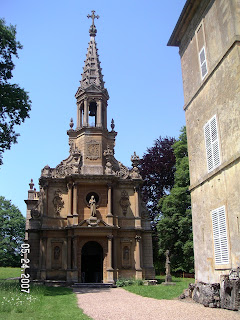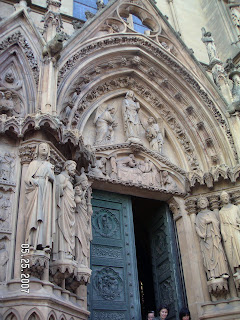haaaayyyyyy

We just heard the word woe from the mouth of Jesus. Woe is a translation of the Greek word ouai (aw-ay). In hiligaynon we translate woe as kailo - Kailo ka man Corazin! Kailo ka man Betsaida! Both the English and the Hiligaynon translations seem not to capture the real emotions that accompany these statements of Jesus. I think, and this is just my opinion, this would be better translated in hiligaynon as haaaay Corazin, haaay Bethsaida. But alas this expression which we call panghay-hay is not properly speaking a word but more of an emotional outburst. But the long haaaay, ang malawig nga panghay-hay captures and expresses more accurately the emotions of Jesus in this particular passage - an expression of exasperation, an expression of sadness - the expression of one who has offered everything and yet was disregarded. If there is anger here it is not the anger of one who was slighted or insulted, it is not the anger of one whose pride was wounded, but it is an anger of one wh...



















